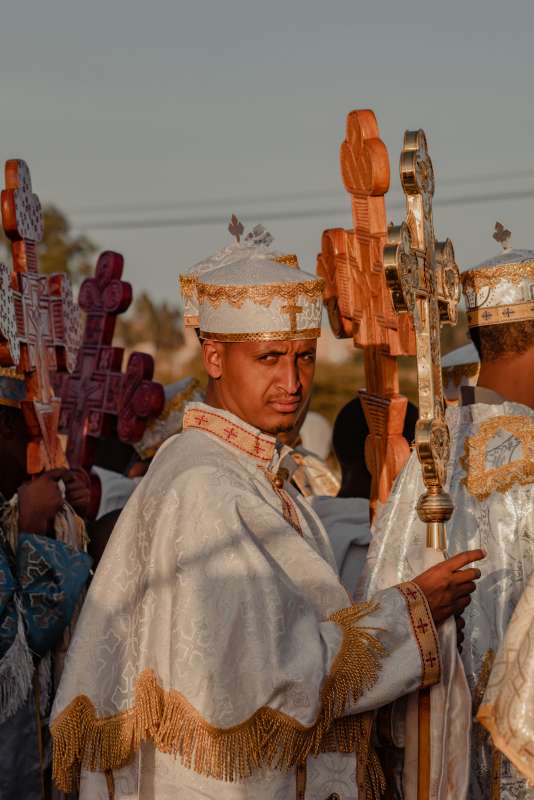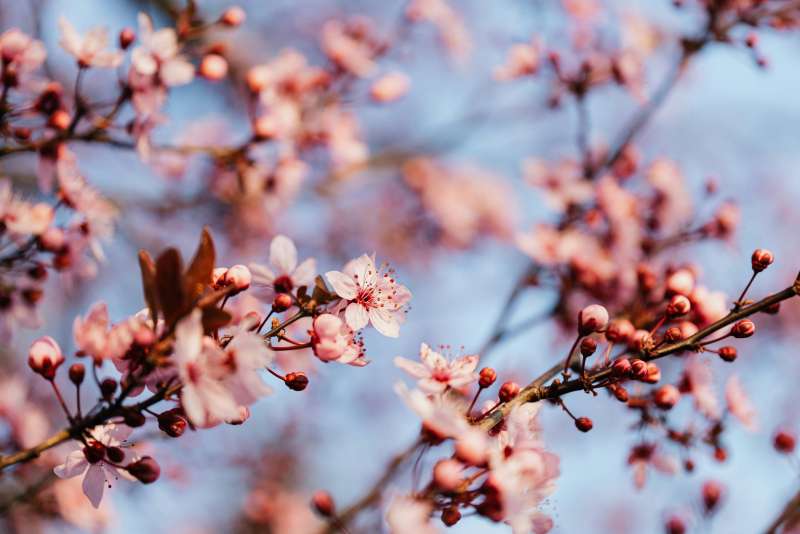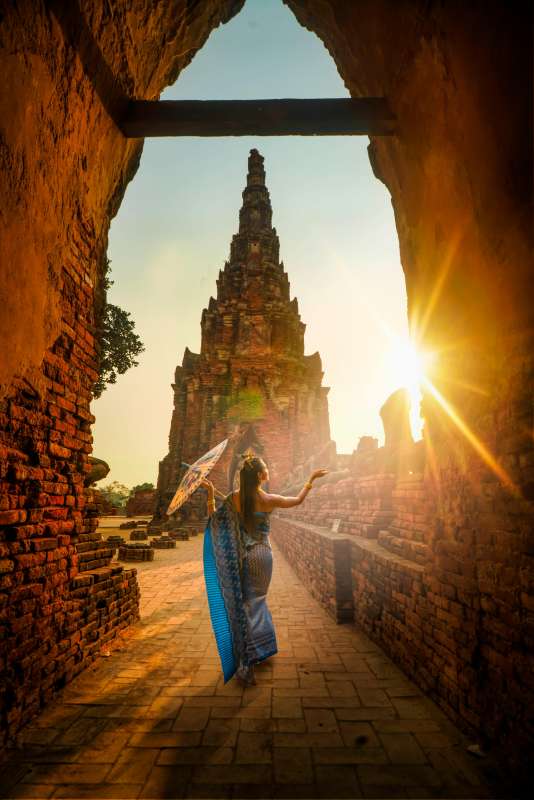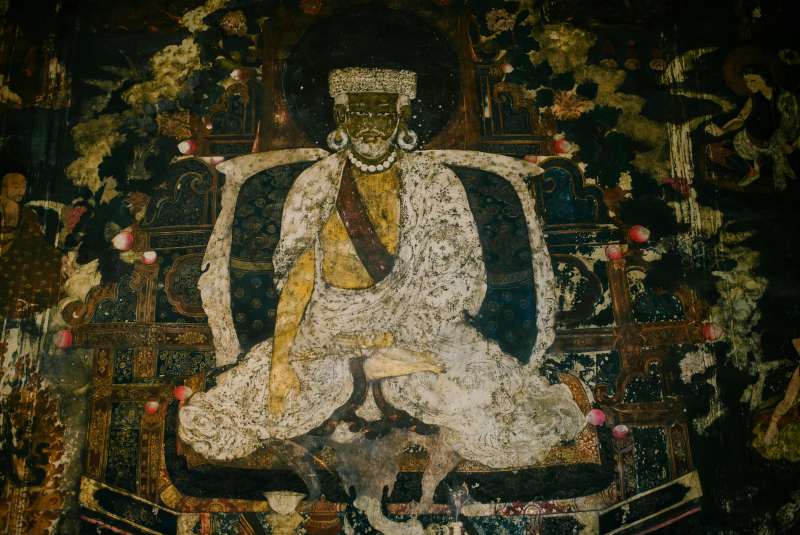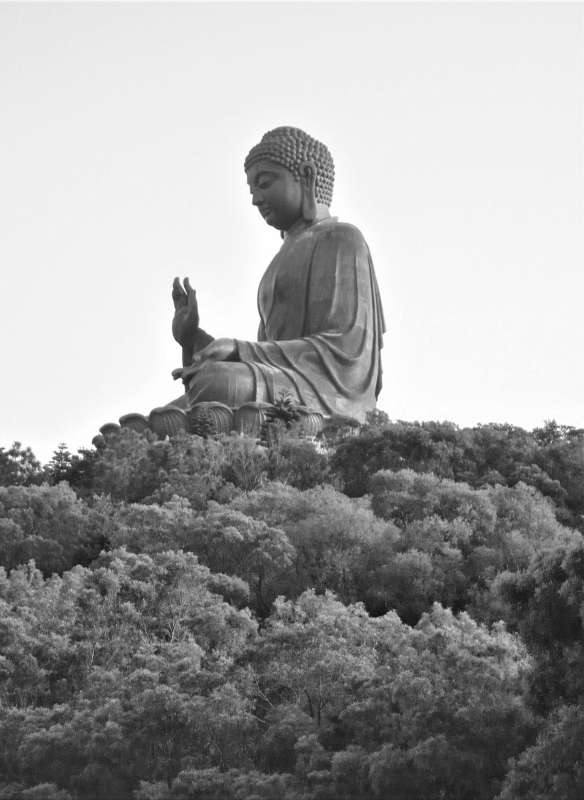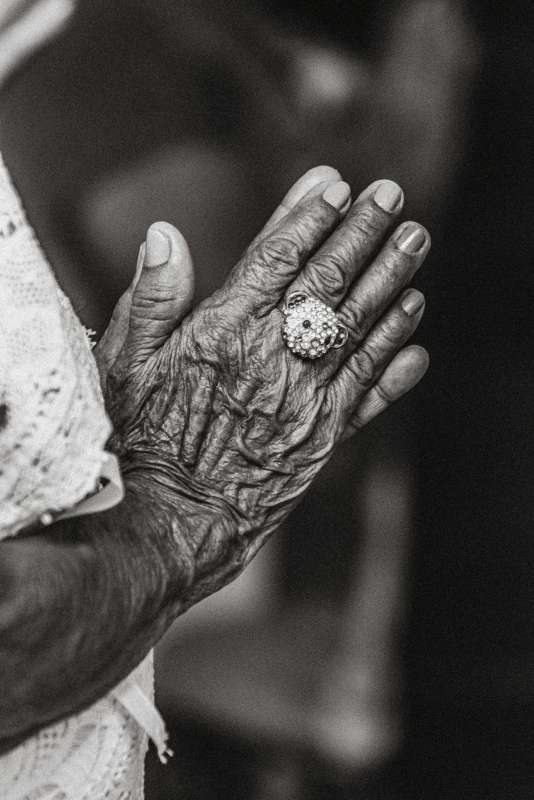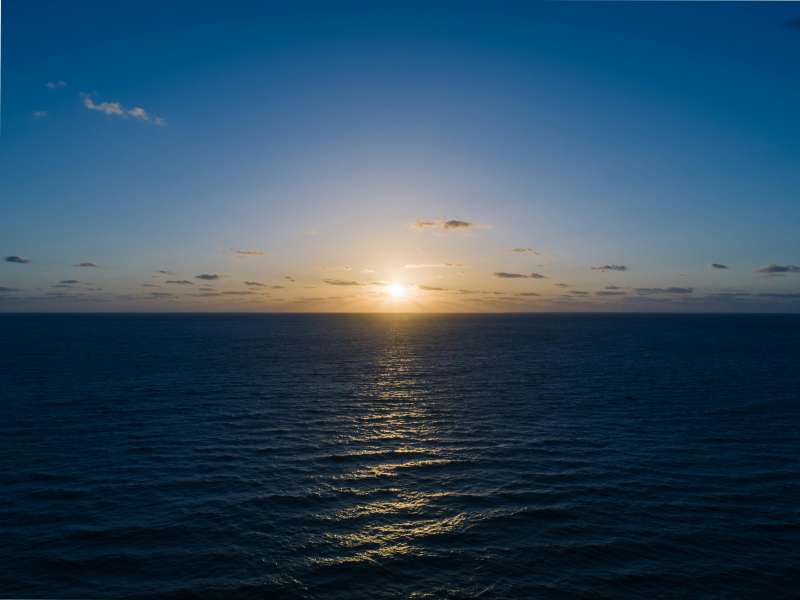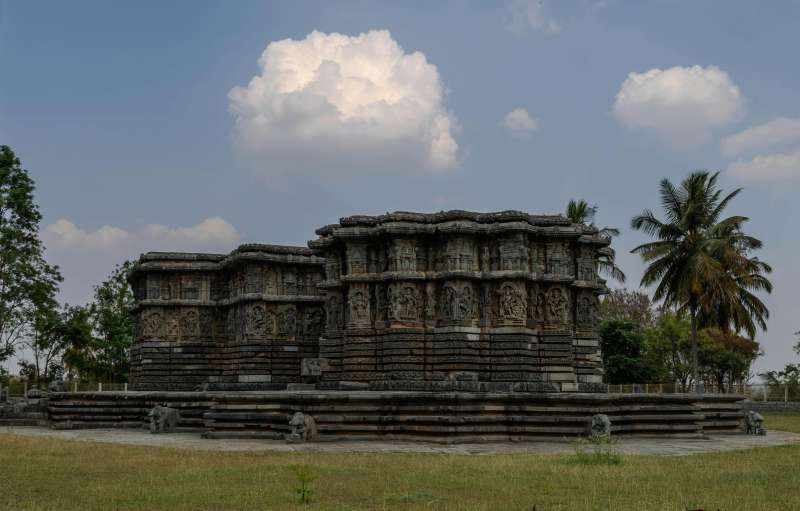Timkat: Where Water and Faith Converge in Ethiopia's Epiphany
Published on: April 28, 2025
Timkat: Ethiopia's Epiphany Festival of Water and Faith
Timkat, celebrated annually on January 19th (or 20th in a leap year), is one of the most significant religious festivals in Ethiopia, commemorating the baptism of Jesus Christ in the River Jordan. Rooted in the Ethiopian Orthodox Tewahedo Church, this vibrant celebration intertwines ancient Christian rituals with local customs, creating a unique tapestry of faith and tradition.
The Significance of Timkat
Timkat, meaning "baptism" in Ge'ez, marks the manifestation of Jesus as the Messiah during His baptism. The festival is renowned for its ritual reenactments of baptism, where participants gather around bodies of water to renew their baptismal vows through immersion or sprinkling of holy water. This act symbolizes spiritual cleansing and renewal.
The Role of the Tabot
Central to the Timkat celebration is the procession of the Tabot, a model of the Ark of the Covenant, which is present on every Ethiopian altar. Reverently wrapped in rich cloth, the Tabot is carried on the head of a priest to a nearby body of water. This procession, accompanied by chanting and dancing crowds in traditional white attire, signifies the journey of Jesus to the Jordan River.
Ketera: The Eve of Timkat
The festivities commence on the afternoon of January 18th, known as Ketera. During this time, the Tabots are taken from their churches to the water, where they stay overnight. The evening is filled with prayers, hymns, and the anticipation of the next day's ceremonies. In areas lacking natural water sources, temporary dams are constructed to facilitate the rituals.
The Morning Rituals
Before dawn on Timkat day, the faithful gather for the Kidane (Morning Prayer) and the Kidasie (Divine Liturgy). As the sun rises, the water is blessed, and the congregation is sprinkled with holy water. In some locations, such as Gondar's Fasilides Bath, participants immerse themselves fully, reenacting Jesus' baptism.
Regional Celebrations
While Timkat is celebrated nationwide, certain locations offer unique experiences:
- Gondar: Known for the grand procession to Fasilides Bath, where thousands gather for the water blessing ceremony.
- Addis Ababa: Celebrations are held at Jan Meda, attracting large crowds and multiple church congregations.
- Lake Ziway: Priests from island monasteries bring Tabots across the lake in boats, performing rituals surrounded by the faithful.
Syncretism in Practice
Timkat exemplifies the fusion of ancient Orthodox liturgy with local Ethiopian traditions. The use of traditional music, dance, and attire during the processions reflects a harmonious blend of religious and cultural expressions, showcasing Ethiopia's rich spiritual heritage.
Personal Narratives
Tariku Tadesse, a 45-year-old father from Addis Ababa, shared his experience attending the Lake Ziway celebration: "I chose to come here because first it's not far from Addis and also because it is unique. The ceremony starts and finishes on the water." His account highlights the communal and spiritual significance of Timkat for individuals and families alike.
UNESCO Recognition
In 2019, UNESCO inscribed Timkat on the Representative List of the Intangible Cultural Heritage of Humanity, acknowledging its profound cultural and religious importance. This recognition underscores the festival's role in promoting cultural diversity and human creativity.
Conclusion
Timkat stands as a testament to Ethiopia's enduring faith and cultural richness. Through its elaborate rituals, communal gatherings, and the symbolic use of water, the festival offers a profound expression of spiritual renewal and unity, drawing participants and observers into a shared celebration of heritage and belief.
